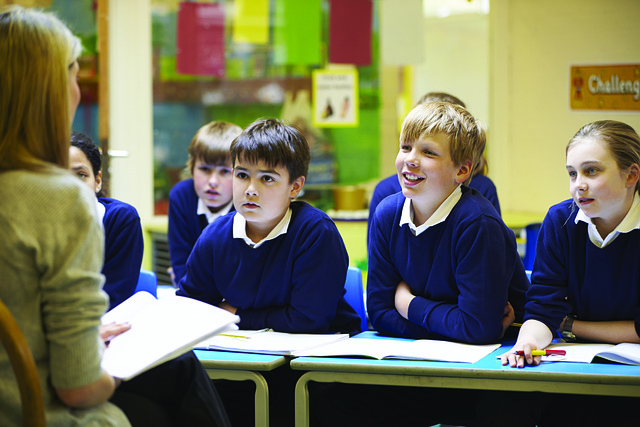Category: SIOE
-

The general election: our requests for the next government
A general election has been called for July. An election is always a time for change, often bringing new ministers into new roles and, with them, shifting priorities and policies. As we look ahead to the next government coming into office, and await the publication of party manifestos, we’ve been considering what we’d like to […]
-

“We know it is important, but we’ve got to get academic results”: Head Teachers’ perspectives on primary physical education
The value of primary physical education (PE) has been a ‘hot topic’ for decades, awash with Government interest, policy and funding. Primary PE has received investment in excess of £2.5 billion since London hosted the Olympics and Paralympics in 2012, making it the most additionally funded subject in the curriculum, yet PE still remains undervalued […]
-

Sharing the knowledge: training doctoral students to write beyond academia
In 2020, in the midst of the COVID-19 pandemic, the president of the United States horrified the medical establishment by proposing injections with disinfectant as a treatment for COVID. It’s hard to think of a better example as to why now, perhaps more than ever, society needs to hear from experts – and those experts […]
-

Mitigating the impacts of the teacher recruitment and retention crisis through sustained subject specific professional development
The House of Commons Education Committee report on teacher recruitment,training and retention highlights the ongoing crisis in teacher recruitment and retention, with shortfalls in many subject areas and many teachers working outside their specialism, with detrimental effects on teacher workload, teaching quality and pupil progression. One way to mitigate the challenges of teachers working outside […]
-

How can we better support male students with their mental health?
April is stress awareness month. We all experience stress at some point in our lives, and hopefully have support we can access through friends, family, the workplace or our communities. But there is a perception that men should be invulnerable and therefore not be in need of support, and this can exacerbate stress for our […]
-

Let’s go round again: reforming 16-19 qualifications
‘We need our 16-19 education system to be the best in the world. We need to make sure that every young person – no matter their circumstances or where they live – can reach their potential and leave education with the knowledge and skills to thrive in a world-leading economy.’ (DfE 2023, p.5) If the […]
-

No end and no beginning; race equity in higher education
Some years ago, through a pedagogy of the oppressed approach and by teaching with love, I embarked on using co-creation to explore racialised experiences raised by our students within our Race Equality Charter (REC) survey. I was compelled to act and so much so that my doctorate study explores using co-created decolonised pedagogy and curriculum […]
-

Leading by accident and design
“Thanks love, is the vet coming now?” When I started out as a new graduate vet, I rapidly got used to hearing this phrase at the end of consultations. I’m not sure if this was an assumption related to my gender or my age, to be fair it was probably a bit of both, but […]
-

Learning through outdoor adventure today helps young people adapt to the challenges of tomorrow
Within a world which currently resembles a moving target, an enormous amount of unmitigated information is at young people’s fingertips. Consequently, the measure of their knowledge is not the amount of this information which can be retained (cognitive skills). Rather, it is their ability to curate (filter and process) material coupled with an understanding of […]
-

England’s Pisa is decidedly lop-sided
This year’s PISA results were launched in the offices of Policy Exchange. It was a fitting choice – according to Nick Gibb the former schools minister, given that of all the think tanks, Policy Exchange is one of those which has had the greatest influence over the direction of England’s education policy since the election […]